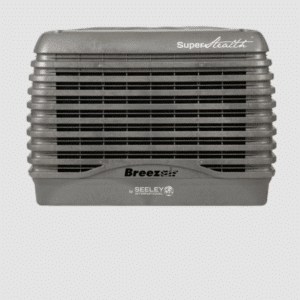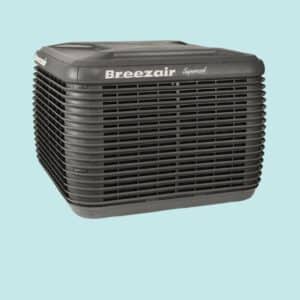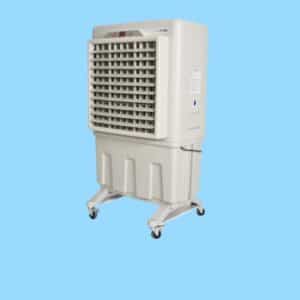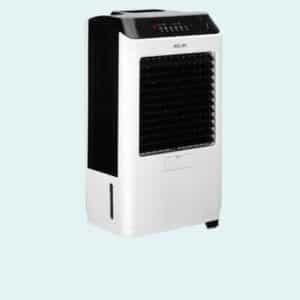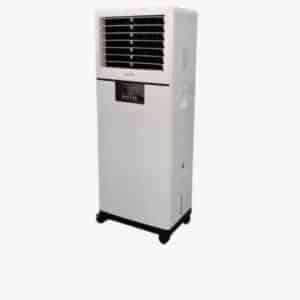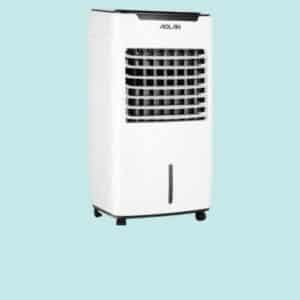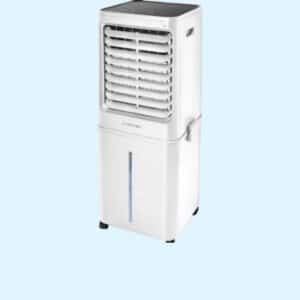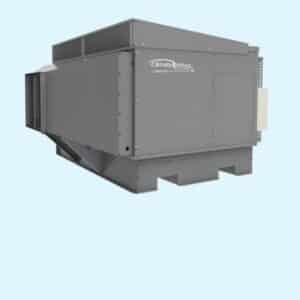In the realm of industrial cooling, where energy efficiency and cost-effectiveness are paramount, evaporative air cooling has emerged as a compelling alternative to traditional methods like air conditioning. This technology, which leverages the natural process of evaporation to lower temperatures, offers a host of benefits that make it an attractive choice for factories seeking to optimise their cooling solutions.
How Evaporative Cooling Works
Evaporative air cooling systems operate by passing ambient air over a wetted media, typically made of cellulose or aspen. As the water in the media evaporates, it absorbs heat from the surrounding air, effectively cooling it down. This cooled air is then circulated throughout the factory space, providing a comfortable and productive environment.
Key Advantages of Evaporative Cooling
Energy Efficiency: Evaporative cooling systems are significantly more energy-efficient than traditional air conditioning units. They require far less electricity to operate, resulting in substantial savings on energy bills. This is particularly important for factories that have high energy consumption, such as those involved in manufacturing or processing.
Low Initial Cost: Compared to air conditioning systems, evaporative coolers generally have a lower initial cost. This makes them a more accessible option for businesses with limited budgets. Additionally, the ongoing maintenance and repair costs associated with evaporative coolers are typically lower than those of air conditioning units.
Natural Cooling: Evaporative cooling relies on the natural process of evaporation, which is a highly efficient way to lower temperatures. This eliminates the need for artificial refrigerants, which can contribute to environmental pollution and increase operating costs.
Improved Air Quality: Evaporative cooling systems can help to improve indoor air quality by introducing fresh, outdoor air into the factory space. This can be particularly beneficial for workers who suffer from allergies or respiratory problems.
Versatility: Evaporative cooling systems can be used in a wide range of factory settings, from small workshops to large manufacturing facilities. They can be easily integrated into existing HVAC systems or installed as standalone units.
Considerations for Factory Applications for Evaporative Air Cooling
While evaporative cooling offers numerous advantages, there are a few factors to consider before implementing it in a factory setting:
Outdoor Air Quality: The quality of the outdoor air can impact the effectiveness of evaporative cooling. If the outdoor air is polluted, it may be necessary to filter it before it enters the factory.
Factory Layout: The layout of the factory can influence the distribution of cooled air. It may be necessary to install multiple evaporative cooling units or use fans to ensure even cooling throughout the space.
Evaporative air cooling offers a compelling solution for factories seeking to reduce energy costs, improve indoor air quality, and create a more comfortable and productive work environment. Its energy efficiency, low initial cost, and natural cooling capabilities make it a highly attractive option for businesses of all sizes. By carefully considering the specific needs and conditions of their factory, businesses can determine whether evaporative cooling is the right choice for their cooling requirements.
-
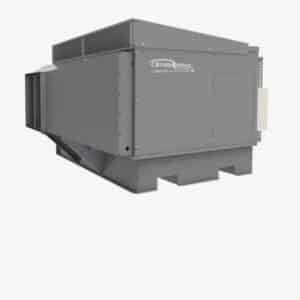
Climate Wizard CWH15S Plus
Read more -
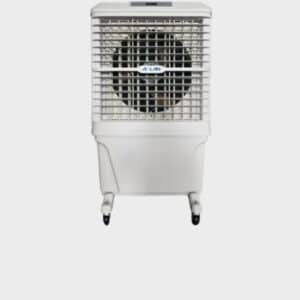
Coolfresh 12000 Evaporative Air Cooler
€ 1,250.00 Ex. VAT Add to cart -
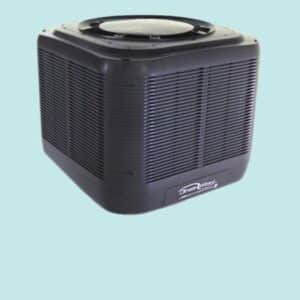
Climate Wizard CW3
Read more -
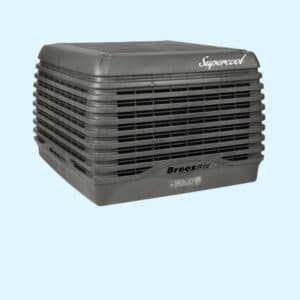
Breezair Supercool TBS 580
Read more -
Breezair SuperStealth TBSI 580
Read more -
Breezair Supercool EXS 220
Read more -
Coolfresh 6000 Portable Evaporative Air Cooler
€ 750.00 Ex. VAT Add to cart -
Coolfresh 4500 Evaporative Air Cooler
€ 550.00 Ex. VAT Read more -
Coolfresh 3500 Evaporative Air Cooler
€ 640.00 Ex. VAT Add to cart -
Coolfresh 1200 Heater/ Cooler
€ 450.00 Ex. VAT Add to cart -
Coolfresh 1000 Portable Evaporative Air Cooler
€ 425.00 Ex. VAT Add to cart -
Climate Wizard CWH15
Read more

